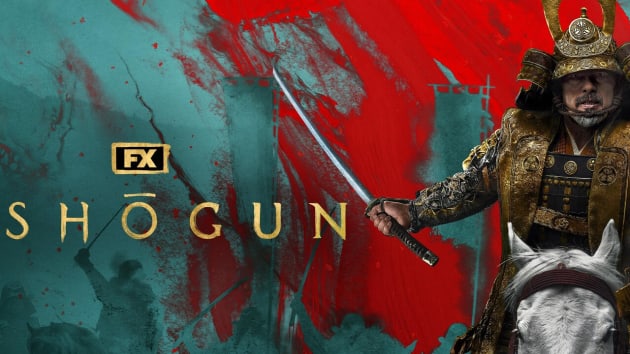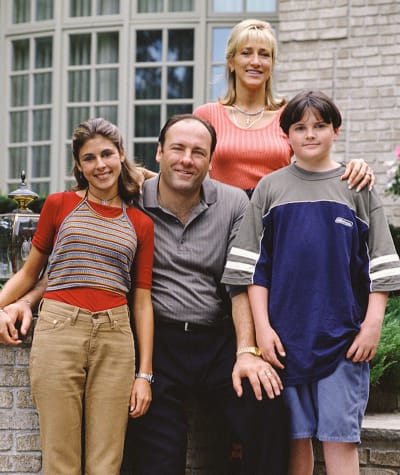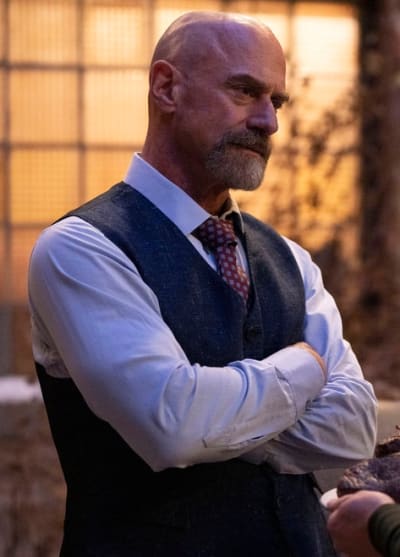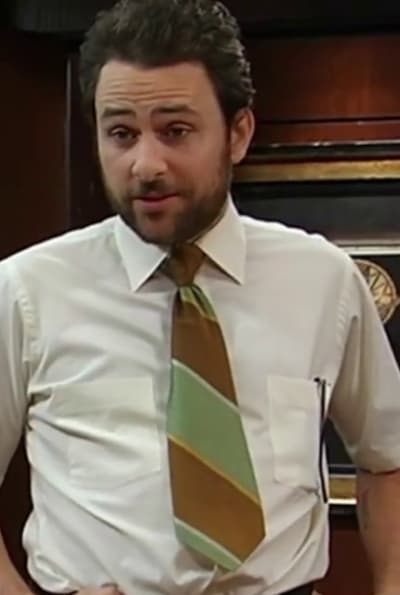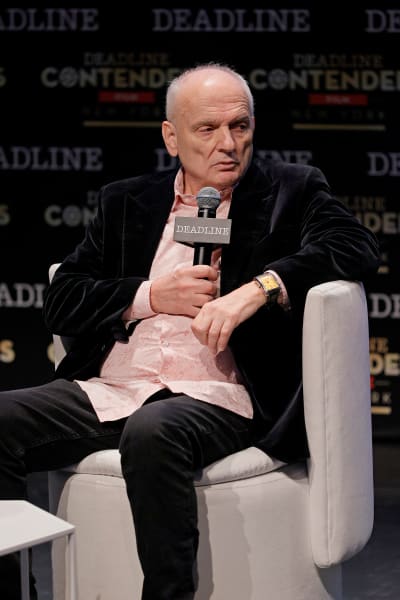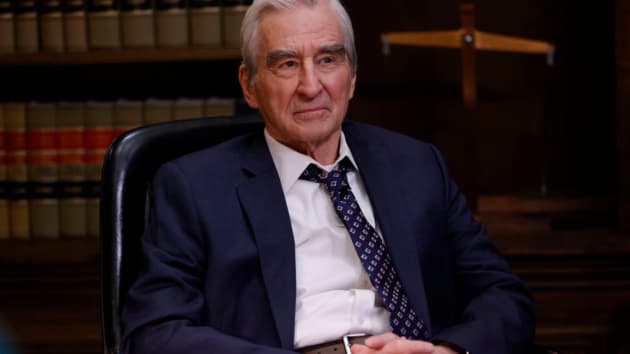It’s impossible to imagine any modern work of fiction from a relatively unknown author creating the sort of cultural impact made by James Clavell’s 1975 novel Shogun.
In the 49 years since its publication, the book has sold 15 million copies and served as the inspiration for a Broadway musical, multiple video games, and an Emmy-winning five-part miniseries.
Now, FX and Hulu are hoping that a new generation will be equally captivated by Clavell’s story of clashing cultures and violent power struggles in feudal Japan.
A ten-part adaptation of Shogun starring Hiroyuki Sanada, Anna Sawai, and Cosmo Jarvis will premiere simultaneously on the network and the streaming service on February 27.
Of course, we doubt that the dual platforms are anticipating an effect as profound as the one made by the version produced by NBC in 1980.
Still, among both industry insiders and grownup viewers seeking grownup content, there’s a hope that Shogun will nudge networks and streamers back in the direction of challenging, thought-provoking dramas.
The original Shogun series premiered at a time when tens of millions of viewers would tune in on a weeknight to watch faithful adaptations of acclaimed literary epics.
Roots, The Thorn Birds, North and South, and Lonesome Dove are just a few of the epic historical novels that inspired wildly popular TV adaptations in the ’70s and ’80s.
The new Shogun is the type of project that would’ve been almost certain to garner huge ratings and major awards buzz 40 years ago.
But in 2024, its prospects are uncertain, and few would be surprised if it turns out to be the sort of series that premieres to solid reviews but is quickly forgotten amid an endless deluge of new content.
We’ve spoken at great length about the decline of prestige TV and the rise of so-called “laundry-folding shows” (uncomplicated series that can serve as background noise in busy households).
But usually, those conversations center around the so-called Peak TV era that gave us The Sopranos, Mad Men, The Wire, and Breaking Bad.
With the possible exception of Roots, the challenging adult-oriented miniseries of the ’70s and ’80s are largely forgotten.
It’s distressing to think that a similar fate might await Tony Soprano and Don Draper, and that America’s dwindling list of universally understood cultural touchstones might diminish further.
We hate to imagine a world in which the famously controversial ending of The Sopranos is an obscure footnote rather than a cornerstone of our shared cultural history. But that future is already taking shape.
The difficulty of finding patient audiences who are willing to take a chance on challenging, unfamiliar material was addressed by FX chairman John Landgraf at the Television Critics Association winter press tour this week.
“I think our attention spans have declined radically, and I think our patience with things that are a little demanding have gone down,” Landgraf said during his annual executive session.
“It’s something I’m really worried about in the media ecosystem created by the internet.”
According to Landgraf, the approach taken by execs during the Peak TV era had unintended consequences that have proven disastrous.
For one thing, the ever-increasing demand for fresh content has created an overcrowded TV landscape in which high-minded fare is often the first to get lost in the shuffle, as viewers seek out undemanding, comfort food shows for easy weeknight viewing.
On top of that, the expense of bringing feature film-quality production values to the small screen has led to networks and streamers taking fewer risks on experimental content and instead going back to the old, reliable wells of the past.
“We’ve radically increased the cost of making television in season one,” Landgraf said.
“We brought a lot of wonderful talent into television, but there’s been a spiraling and escalating cost. That’s part of what happens when we make 600 television shows.”
Referring to successful but comparatively inexpensive series like The Shield and It’s Always Sunny In Philadelphia, Landgraf explained that his network has historically benefited from taking risks on low-budget fare, making Shogun a bold departure from the FX norm.
“We could afford to do that and believe in it,” he said. “It’s harder to do with something super expensive.”
In a recent interview with The Hollywood Reporter, Landgraf was asked point-blank about the commercial viability of the “closed-ended limited series,” which seems in doubt at a time when both viewers and platforms are demonstrating a clear preference for stories that can go on forever.
The recent resurgence of Suits, for example, is a dream come true for both Netflix and the show’s production team, as a spinoff is now in the works in response to new demand from viewers.
There’s a pervasive feeling that projects like Shogun will never yield hundreds of millions of streaming hours and multi-generational appeal in quite the same way.
“It depends on how successful it is and whether there’s an appetite for it. Ultimately, the audience gets to decide whether it’s something they want. I would hope if we were able do something like that it wouldn’t take 11 years,” said Landgraf.
“So no, I can’t imagine spending another 11 years working on something else, but … as long as there’s appetite for that in the viewers, I think it’ll be possible at times to do that kind of work.
Landgraf’s remarks about the current epidemic of risk aversion among network execs echo those made by Sopranos creator David Chase on the show’s 25th anniversary in January.
Chase referred to the occasion as “a funeral,” explaining that the era of high-quality TV in which his show staked its place as a modern classic was “a fluke,” the likes of which might never be seen again.
“To be clear, I’m not talking only about The Sopranos, but a lot of other hugely talented people out there who I feel increasingly bad for,” Chase said.
Tellingly, with the exception of a voice cameo on Bojack Horseman, Chase never again worked in television following the conclusion of The Sopranos.
The only TV project that Chase pursued after this signature show came to an end was a historical drama limited series entitled Ribbon of Dreams, which he abandoned when HBO refused to agree to his budget demands.
Sensing that network execs had already turned their backs on the risk-taking spirit that enabled him to create The Sopranos, Chase bid farewell to the world of television for good.
Clearly, Landgraf is envisioning a future in which creatives like Chase are given carte blanche to pursue their unique visions, and audiences will once again turn out in droves for thought-provoking limited series.
Shogun is already being looked at as a bellwether for this strategy, and its success could usher in a new era of substantive event television in the vein of the era-defining miniseries of the ’70s and ’80s.
It’s a bold plan, especially since many modern viewers have no memory of the time when epic miniseries dominated the nation’s cultural conversation.
But if Shogun proves successful, it could return us to a time when TV adaptations of sprawling literary epics once again serve as topics of discussion in America’s offices and classrooms.
Let’s hear from our readers! Are you excited about Shogun?
Do you have any fond memories from the days when hyper-ambitious miniseries reigned supreme?
What do you think of the limited series format, and which ones in recent years and long past lit your fuse?
Hit the comments section below to share your thoughts!
Tyler Johnson is an Associate Editor for TV Fanatic and the other Mediavine O&O sites. In his spare time, he enjoys reading, cooking, and, of course, watching TV. You can Follow him on X and email him here at TV Fanatic.

